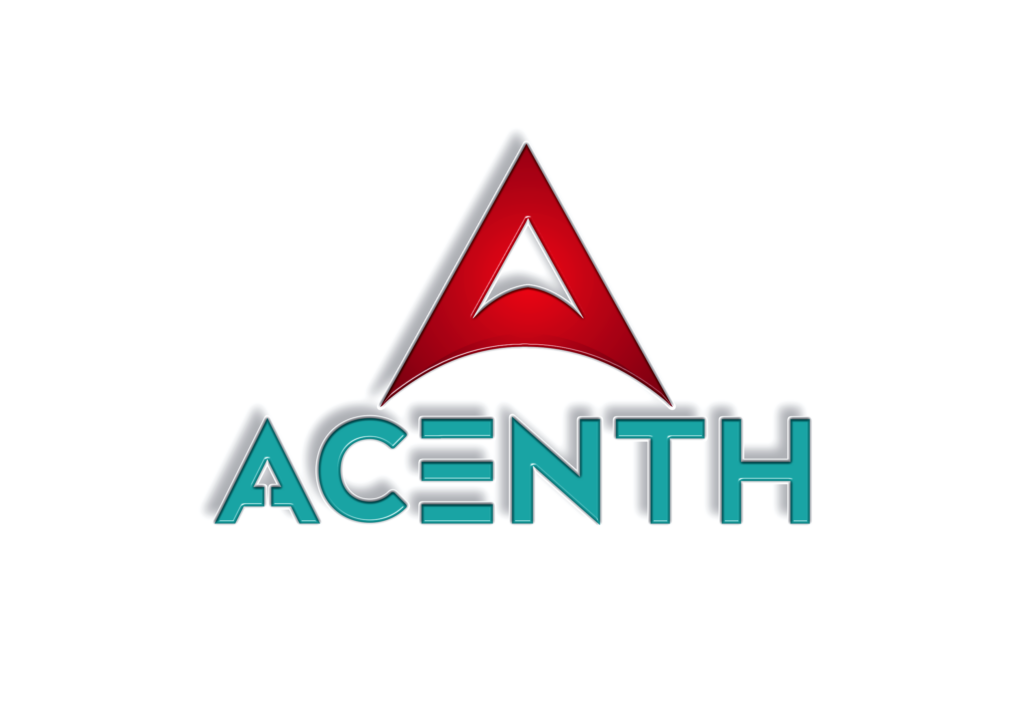In the dynamic world of healthcare and clinical research, the role of regulatory bodies is pivotal. These entities, varying in structure and function across different countries, set the standards for clinical practices, ensuring safety, efficacy, and ethical compliance. Acenth, a leader in healthcare services, offers a unique insight into this global landscape, particularly beneficial for Clinical Research Organizations (CROs) and healthcare professionals.
Understanding the Regulatory Landscape
Regulatory bodies govern various aspects of healthcare and clinical research. They set the protocols for Clinical Trial Design, ensuring that new treatments and drugs meet rigorous safety and efficacy standards. A prominent example is the Food and Drug Administration (FDA) in the United States, which oversees all phases of clinical trials.
The European Medicines Agency (EMA) plays a similar role in the European Union. However, each member state may have additional regulations, highlighting the importance of understanding regional differences.
The Significance of Project Management in Regulatory Compliance
Effective Project Management is crucial in navigating the complex regulatory environment. It involves coordinating with regulatory bodies, managing documentation, and ensuring compliance with local and international laws. Acenth’s expertise in project management aids CROs in effectively steering through these regulatory mazes.
The Role of Clinical Data Management
Clinical Data Management is another critical area influenced by regulatory bodies. Accurate and secure data handling is essential for regulatory compliance. Regulations such as HIPAA in the U.S. and GDPR in Europe dictate stringent data privacy and security measures, emphasizing the need for robust data management systems.
Biostatistics and Regulatory Approval
Biostatistics is vital in interpreting clinical trial data, a key component in securing regulatory approval. Regulatory bodies rely heavily on statistical analysis to make informed decisions about the safety and effectiveness of new treatments. Acenth’s biostatistics service plays a crucial role in this process, providing the necessary statistical expertise to meet regulatory standards.
Navigating Regulatory Services
Acenth’s Regulatory Services offer comprehensive support to CROs, helping them understand and comply with various regulations. This includes preparing regulatory submissions, interacting with regulatory agencies, and staying abreast of changing regulations, which is especially crucial in the rapidly evolving healthcare sector.
The Importance of Medical Writing
Effective Medical Writing is essential for clear communication with regulatory bodies. It involves creating well-structured documents that present clinical trial data and other information in a manner that meets regulatory requirements. This skill is invaluable in ensuring that submissions are accurate, complete, and compliant.
Quality Monitoring for Compliance
Lastly, Quality Monitoring ensures that all aspects of clinical research adhere to regulatory standards. This includes monitoring trial conduct, data integrity, and overall compliance with regulatory requirements. Quality monitoring is a continuous process, vital for maintaining the trust and credibility of CROs in the eyes of regulatory bodies.
Synthesizing Global and Local Regulations
A key challenge for CROs and healthcare professionals is balancing global standards with local regulations. While international guidelines provide a framework, local laws and cultural nuances can significantly impact how clinical trials and healthcare services are conducted. Organizations need to deeply understand these differences to operate effectively in the global market.
Empowering Healthcare Professionals
For healthcare professionals, knowledge of regulatory environments is crucial. It ensures compliance and aids in making informed decisions about treatment options, understanding new drug approvals, and staying updated on changes in healthcare standards.
Final Thoughts: Mastering Regulatory Dynamics
In conclusion, mastering the dynamics of regulatory environments is essential for success in the global healthcare and clinical research industries. Acenth, with its suite of services, plays a pivotal role in guiding CROs and healthcare professionals through this complex landscape. By understanding and adhering to regulatory requirements, healthcare providers can ensure the highest standards of patient care and treatment efficacy.
For further guidance or assistance, contact Acenth at 877-274-4990.
Sources:
- “Understanding the Role of the FDA in Clinical Trials.” FDA.gov.
- “Clinical Trial Regulation in the European Union.” EMA.europa.eu.
- “Data Protection and Compliance in Clinical Research.” Journal of Clinical Research Best Practices.






















